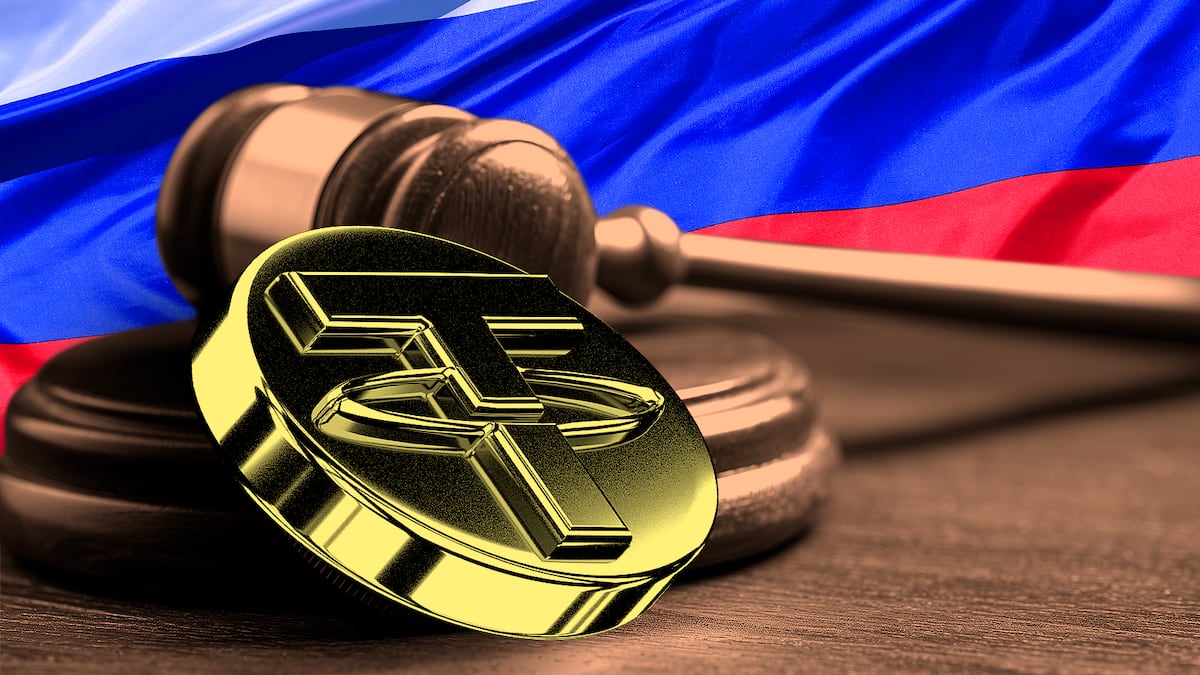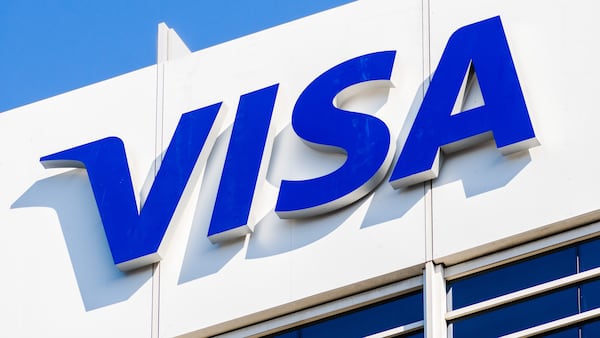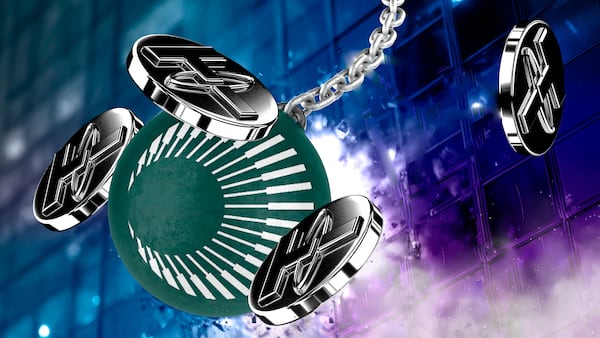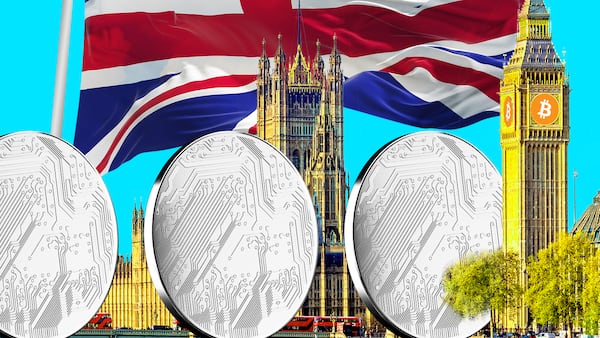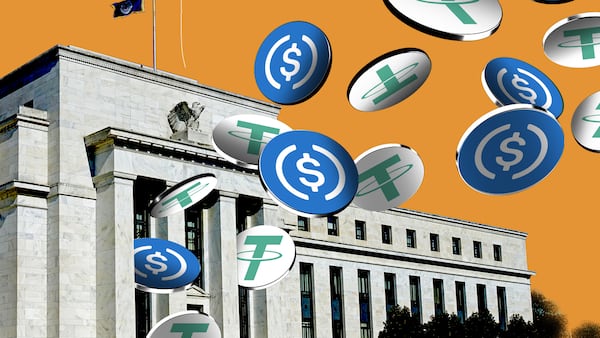- Case hinges on a USDT 1,000 loan dating back to 2023
- Top regulators, Central Bank officials appear in court
- Experts divided over digital financial assets law’s applicability to USDT
The Russian Constitutional Court is poised to make a ruling on whether citizens have property rights over stablecoins like the Tether-issued USDT.
Experts have told the court that fiat-pegged stablecoins are not digital financial assets, Kommersant reported, adding that the rules that govern “digital currency circulation” in Russia do not apply to USDT. DFAs are a type of tokenised assets that have a special regulatory status in Russia.
“From a conceptual perspective, what we are talking about here is a monetary surrogate,” Alexey Guznov, deputy chairman of the central bank, told the court.
The case has the potential to set a lasting legal precedent for future civil stablecoin ownership cases, with a final verdict forthcoming before the end of the year.
It comes as Russian lawmakers attempt to crack down on unregulated crypto ventures.
The stablecoin market has exploded in 2025, having surged almost 50% to be worth $303 billion, according to DefiLlama data. US Treasury Secretary Scott Bessent expects the market to grow tenfold to hit $3 trillion by 2030.
Stablecoins in the dock
Representatives from some of Russia’s most powerful regulatory bodies were present when the court convened for a first hearing last week.
The list included central bank and anti-money laundering agency Rosfinmonitoring executives, Ministry of Finance officials, and several lawmakers.
The case centers on a civil case initiated by the Moscow resident Dmitry Timchenko. In 2023, Timchenko lent an unnamed borrower USDT 1,000.
The two parties agreed on specific terms for the loan, but the borrower then allegedly refused to return the coins. Timchenko responded by filing a civil complaint with the Savelovsky District Court.
This court rejected the claim, stating that Russia’s DFA laws do not apply to stablecoins. Timchenko appealed the case at a high court branch and then the Supreme Court. Both upheld the district court’s initial verdict.
Timchenko then took the matter to the Constitutional Court, arguing that the verdicts were unconstitutional.
His legal team told the court that “no other type of property is subject to such restrictions in Russia.”
Previous court rulings in various criminal cases have also determined that intangible property rights law can apply to coins like Bitcoin and Ethereum.
Russia’s DFAs law
Russia’s DFA law, enacted in 2021, is another complicating factor in this case.
Russian banks and other major companies have used these blockchain-powered coins to allow their clients to make investments in commodities, unlisted stocks, and real estate.
“DFAs represent digital rights,” the Central Bank wrote on its website. “These encompass monetary claims, the ability to exercise rights related to issued securities, the right to participate in the capital of a non-public joint stock company, and the right to demand the transfer of issued securities, as stipulated by the decision to issue DFAs.”
But the vagueness of the language used in the law is a sticking point. While the central bank claims that Bitcoin and other cryptocurrencies aren’t DFAs but “private digital currencies,” it has had little to say about overseas stablecoins until now.
Guznov told the court that “when tokens circulate on a public blockchain, there are certain difficulties” in proving ownership.
‘USDT not a digital currency,’ says lawmaker
A Rosfinmonitoring official told the court that “despite the existence of blockchain monitoring tools, voluntary reporting remains the only reliable way to establish ownership of [stablecoins], including for the protection of its owners’ rights.”
Andrei Klishas, a member of the Federation Council, Russia’s upper parliamentary house, noted that USDT does not classify as a digital currency, but rather “as a token backed by the US dollar and issued by a foreign company, namely Tether.”
In this case, a stablecoin is more “a foreign digital property than a digital currency.”
Central bank’s evasive answer
Constitutional Court Judge Mikhail Lobov asked a central bank official “whether transactions like Timchenko’s were “permissible in principle under Russian law.” However, Kommersant wrote, the judge “did not receive a direct answer.”
The Constitutional Court is set to make a final decision on the case in a closed session in the weeks ahead, the newspaper concluded.
A legal expert opined that if government agencies do not consider stablecoins to be digital financial assets, this would be “beneficial for ordinary traders.”
Alexandra Fedotova, a lawyer at White Stone, said that stablecoins could thus be used for “everyday transactions or to circumvent sanctions.”
But Fedotova warned that a lack of legal protections meant that issuers could enact “sudden asset freezes due to sanctions or other reasons.”
‘Anything better to do’
Yura, a crypto miner in the Moscow Oblast who asked DL News not to reveal his surname, said that he thought it was “slightly absurd” that the likes of the Constitutional Court and the central bank are “wasting their time” with this case.
“I find it hard to believe that they don’t have anything better to do,” Yura said. “Clearer legislation from the State Duma would preclude the need for this kind of case to take up so much of the judiciary’s energy.”
Tim Alper is a news correspondent at DL News. Got a tip? Email at tdalper@dlnews.com.


